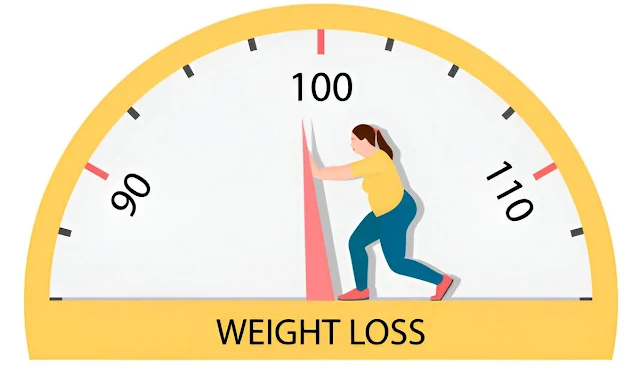As the popularity of intermittent fasting continues to rise, many people are wondering whether it's possible and safe to work out during their fasting periods. While some individuals may be hesitant to exercise on an empty stomach, numerous studies have shown that working out during intermittent fasting can have numerous benefits, including improved fat loss, increased human growth hormone (HGH) production, and enhanced mental clarity.
intermittent fasting workout
Benefits of Working Out During Intermittent Fasting
Research has consistently shown that exercising during the fasting window can boost the benefits of intermittent fasting. Here are some of the benefits of working out during intermittent fasting:
Improved Fat Loss: When you exercise on an empty stomach, your body is more likely to use fat as its primary source of energy, resulting in increased fat loss.
Increased Human Growth Hormone (HGH): Exercise has been shown to increase production of HGH, which helps with muscle growth and fat loss.
Improved Mental Clarity: Exercising during the fasting window has been shown to increase the production of a protein called brain-derived neurotrophic factor (BDNF), which helps improve mental clarity and reduce symptoms of depression and anxiety.
Increased Autophagy: Exercise has been shown to induce autophagy, a natural process in which the body breaks down and recycles damaged cells and proteins.
Improved Insulin Sensitivity: Exercise has been shown to improve insulin sensitivity, which can help regulate blood sugar levels and reduce the risk of developing type 2 diabetes.
When to Work Out During Intermittent Fasting
While it's generally recommended to avoid working out during the initial stages of fasting, as the body adjusts to the new eating schedule, you can start exercising as soon as your body adapts to the fasted state. Here's a general guideline:
16:8 Method: For the 16:8 method, you can work out during the 8-hour eating window.
5:2 Diet: For the 5:2 method, you can work out during the fasting days, but make sure to listen to your body and adjust as needed.
Alternate Day Fasting: For alternate day fasting, you can work out on the non-fasting days, but make sure to fuel up with a balanced meal after your workout.
Best Exercises to Do During Intermittent Fasting
When working out during intermittent fasting, it's essential to choose low-to-moderate intensity exercises that don't cause excessive fatigue. Here are some of the best exercises to do during intermittent fasting:
Walking: Walking is a low-intensity exercise that's easy on the body and can be done during any stage of fasting.
Yoga: Yoga is a great way to improve flexibility, balance, and strength while also reducing stress and promoting mental clarity.
Bodyweight Exercises: Squats, push-ups, lunges, and planks are all bodyweight exercises that can be done during intermittent fasting.
Resistance Training: Resistance training with light weights or resistance bands can also be done during intermittent fasting, as long as you're not overdoing it.
Tips for Exercising During Intermittent Fasting
While exercising during intermittent fasting can have numerous benefits, it's not without its challenges. Here are some tips to help you exercise safely and effectively while intermittent fasting:
Start Slow: If you're new to intermittent fasting and exercise, start with short, low-intensity workouts and gradually increase the duration and intensity as your body adapts.
Hydrate: Make sure to drink plenty of water before, during, and after your workout to avoid dehydration and headaches.
Listen to Your Body: Pay attention to your body's signals and stop exercising if you experience any adverse effects, such as dizziness, lightheadedness, or muscle cramps.
Choose the Right Type of Exercise: Opt for low-to-moderate intensity exercises that don't cause excessive fatigue, such as yoga or walking.
Eat a Balanced Meal Post-Workout: After your workout, make sure to consume a balanced meal that includes protein, complex carbohydrates, and healthy fats to help replenish energy stores and promote muscle recovery.
Common Mistakes to Avoid While Exercising During Intermittent Fasting
While exercising during intermittent fasting can be beneficial, it's easy to make mistakes that can lead to negative consequences. Here are some common mistakes to avoid:
Not Listening to Your Body: Ignoring your body's signals and continuing to exercise when it's not tolerating it can lead to muscle cramps, dizziness, and other adverse effects.
Not Hydrating Enough: Failing to drink enough water can lead to dehydration, headaches, and other complications.
Overdoing It: Exercising too strenuously or for too long can lead to fatigue, decreased performance, and increased risk of injury.
Not Refueling After Workouts: Failing to consume a balanced meal after your workout can lead to muscle loss, decreased performance, and other negative consequences.
Conclusion
Exercising during intermittent fasting can have numerous benefits, including improved fat loss, increased HGH production, and enhanced mental clarity. While it's essential to listen to your body and avoid making common mistakes, incorporating exercise into your intermittent fasting routine can help you achieve your health and fitness goals while improving your overall well-being.

